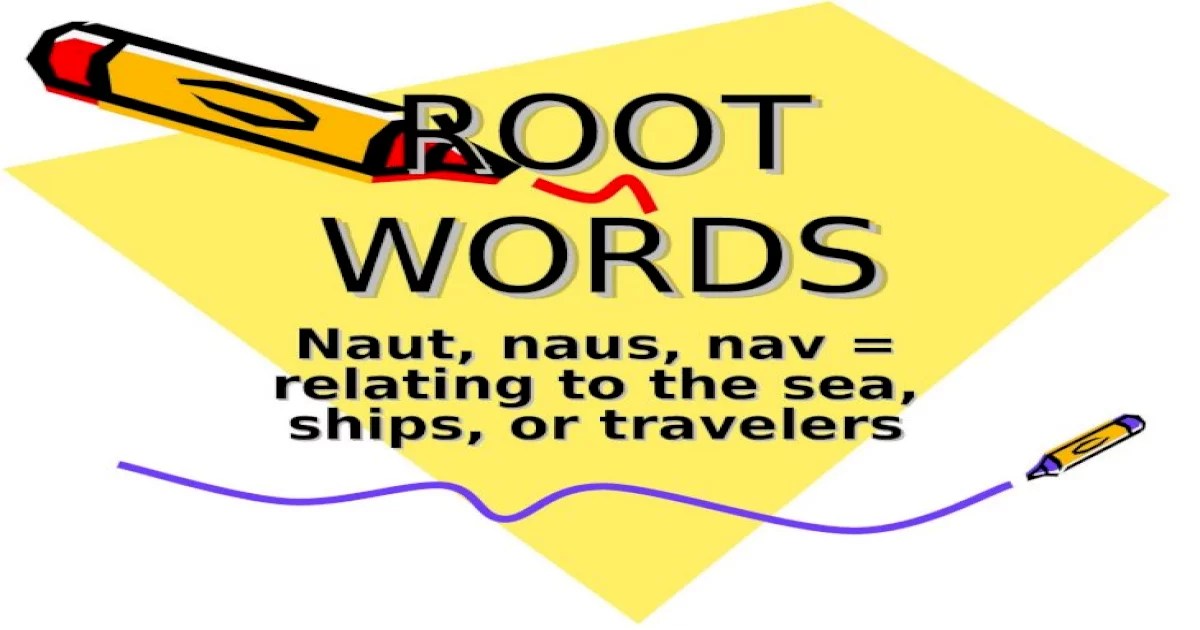Words with naut in them – Words with “naut” sail into our lexicon, carrying with them a rich nautical heritage and a scientific precision that navigates diverse disciplines. Embark on a linguistic voyage as we explore the etymology, usage, and captivating connections of these seafaring terms.
From the celestial realms of astronomy to the depths of biology and the precision of engineering, words with “naut” chart a course through our understanding of the world. Their historical significance and metaphorical depth add layers of intrigue, making them a treasure trove for language enthusiasts and curious minds alike.
Define the Meaning of “naut”

In the realm of linguistics, the term “naut” holds significant etymological and semantic value. Its roots can be traced back to the Greek word “nautes,” meaning “sailor” or “navigator.” Over time, the term has evolved to encompass a broader range of meanings, capturing the essence of seafaring and celestial navigation.
A comprehensive definition of “naut” would encompass its various interpretations and usage:
- A unit of measurement for distance:In nautical terminology, a “naut” refers to a nautical mile, a unit of distance specifically used in maritime navigation. It is equivalent to approximately 1.852 kilometers or 1.151 miles.
- A suffix denoting connection to ships or navigation:The suffix “naut” is often used in technical terms and disciplines related to ships, navigation, and seafaring. For instance, “astronaut” refers to an individual who travels into space, while “cosmonaut” specifically denotes a Russian space traveler.
- A person skilled in navigation:In its original sense, “naut” referred to a skilled sailor or navigator who possessed the knowledge and expertise to traverse the seas. This usage is still prevalent in certain contexts, such as historical accounts or literary works.
Explore Words with “naut” in Them

The suffix “-naut” originates from the Greek word “nautes,” meaning “sailor” or “navigator.” It is commonly found in words related to sailing, navigation, and space exploration.
List of Words with “naut”
Here’s a comprehensive list of words containing “naut”:
- Nouns
- Astronaut: A person who travels in space
- Cosmonaut: A Russian astronaut
- Mariner: A sailor who travels on a ship
- Nautilus: A type of cephalopod with a spiral shell
- Submariner: A person who operates a submarine
- Verbs
- Navigate: To find one’s way through a course or area
- Adjectives
- Interplanetary: Relating to or occurring between planets
- Nautical: Relating to ships, sailing, or navigation
- Subaquatic: Existing or occurring underwater
- Other
- Nautical mile: A unit of distance used in navigation, equal to 1.852 kilometers
Nautical Connections: Words With Naut In Them

The term “naut” holds a deep-rooted connection to the realm of sailing, navigation, and maritime activities. Its etymological origins stem from the Greek word “nautes,” meaning “sailor,” reflecting the profound bond between this suffix and the nautical world.
Throughout history, countless words have emerged that incorporate the “naut” suffix, each carrying a distinct nautical connotation. These terms encompass a vast spectrum of concepts related to sailing, navigation, and maritime affairs, serving as a testament to the enduring influence of seafaring on human civilization.
Words Related to Sailing, Words with naut in them
Within the domain of sailing, “naut” finds expression in a myriad of words that capture the essence of this ancient practice. For instance, the term “astronaut” refers to an individual who journeys beyond Earth’s atmosphere, while “cosmonaut” denotes a Russian or former Soviet space traveler.
Similarly, the word “aeronaut” signifies a person who operates an aircraft or balloon, venturing into the boundless expanse of the sky.
Scientific Applications

In scientific contexts, “naut” appears in various terms with precise meanings and applications. These terms often relate to measurements, units, or concepts in fields like astronomy, biology, and engineering.
The precision and technical nature of these terms ensure accurate communication and understanding among scientists and researchers.
Among the many words that end with “naut,” such as astronaut and cosmonaut, there’s a quiz that can tell you “what meme are you?” ( what meme are you quiz ). So, if you’re curious about your meme persona, take the quiz and find out which celestial voyager you resemble in the vast internet galaxy.
Nautical Mile
- Definition: A unit of distance used in navigation, equivalent to 1,852 meters (6,076 feet).
- Application: Measuring distances at sea, as it accounts for the curvature of the Earth.
Nautical Almanac
- Definition: A publication that provides astronomical data for navigation purposes, such as the positions of celestial bodies.
- Application: Planning and executing sea voyages, as it provides precise information about celestial bodies.
Nautilus
- Definition: A genus of cephalopods known for its distinctive spiral shell.
- Application: Biology and paleontology, as it serves as a model organism for studying cephalopod evolution and behavior.
Nautical Archaeology
- Definition: A branch of archaeology that focuses on the study of underwater cultural heritage, such as shipwrecks and submerged settlements.
- Application: Uncovering historical and cultural information about past maritime activities and civilizations.
Nautical Engineering
- Definition: A field of engineering that deals with the design, construction, and operation of marine vessels and structures.
- Application: Ensuring the safety, efficiency, and environmental sustainability of marine transportation and infrastructure.
Literary and Artistic Usage

In the realm of literature and art, “naut” finds its way into various creative expressions, adding layers of depth and symbolism to literary works and artistic creations.
Literary Applications
Authors employ “naut” in literature to evoke a sense of adventure, exploration, and the vastness of the unknown. The word’s nautical associations conjure images of seafaring voyages, distant lands, and the challenges of navigating uncharted waters.
- Herman Melville’s “Moby-Dick”:The novel features the whaling ship “Pequod,” a microcosm of humanity embarking on an epic journey into the unknown.
- Samuel Taylor Coleridge’s “The Rime of the Ancient Mariner”:The poem follows the journey of a mariner cursed for killing an albatross, exploring themes of isolation, guilt, and redemption.
Artistic Explorations
Artists incorporate “naut” into their creations to convey metaphorical and symbolic meanings. The word’s connection to navigation and exploration invites contemplation on themes of human endeavor, the search for knowledge, and the boundaries of our existence.
- J.M.W. Turner’s “The Fighting Temeraire”:The painting depicts the last voyage of the historic warship “Temeraire,” evoking a sense of nostalgia and the passing of an era.
- The “Nautilus” in Jules Verne’s “Twenty Thousand Leagues Under the Sea”:The iconic submarine represents human ingenuity and the exploration of uncharted depths.
FAQs
What is the origin of the word “naut”?
The word “naut” traces its roots back to the Greek word “nautes,” meaning “sailor” or “shipman.”
Can you provide an example of a word with “naut” used in a scientific context?
The term “astronaut” combines “naut” with “astron,” meaning “star,” to refer to individuals who travel to space.
How are words with “naut” used in literature?
Authors often employ words with “naut” to evoke imagery and themes related to the sea, exploration, and the human connection to the natural world.
